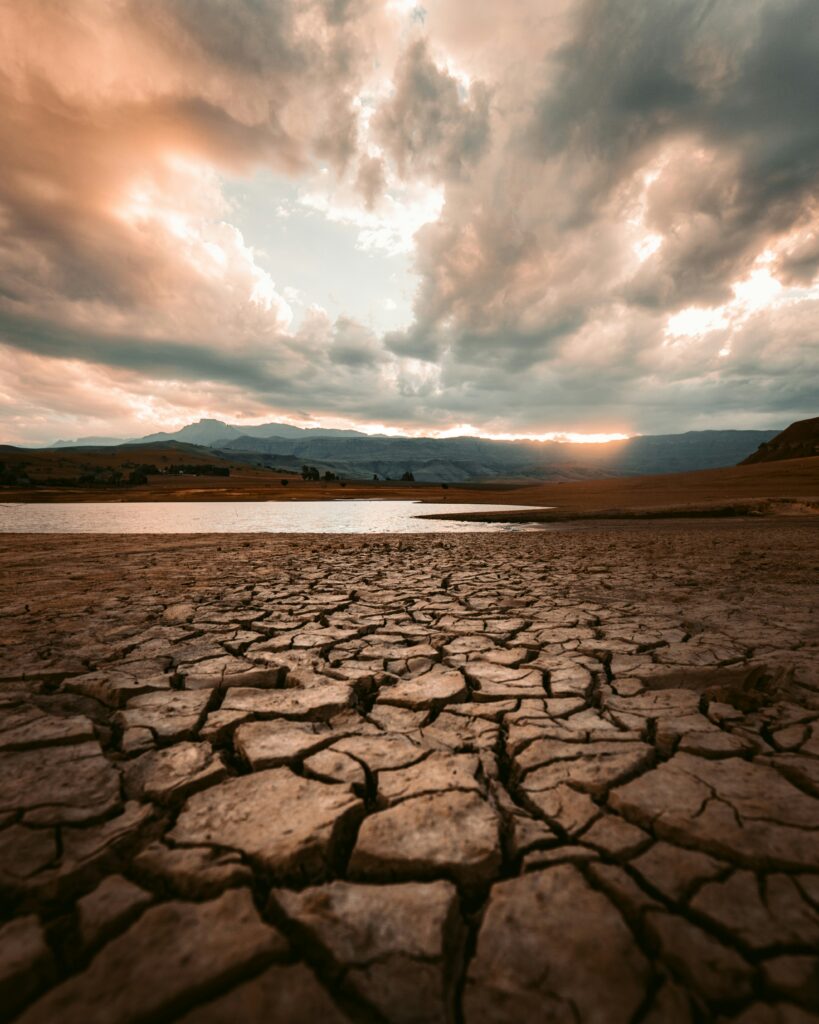Global container crisis, congestion at ports and vast delays: this is all because of a single ship. The accident of the Ever Given container ship three years ago showed the world that even a single vehicle can cause a serious crisis in international freight transport and trade.
In March 2021, one of the world’s largest container ships, Taiwan’s Ever Given, blocked the narrow waterway of the Suez Canal as a result of a botched manoeuvre. The grounding of the Ever Given lasted for six days and caused critical problems in global trade and freight shipping. After the vessel was refloated, the canal was reopened, but the incident shed light on the vulnerability of the maritime network as well as the individual shipping risks on one of the world’s most important trade routes: the grounding of the Ever Given delayed the shipping of goods worth $9.6 billion on a daily basis.
The incident that occurred three years ago highlighted the importance of shipping in global trade and taught the world how interconnected the global economy is. Daunting is the fact that this can happen again at any time, even without a bad manoeuvre.
Commercial routes can be badly impacted not only by human factors but also by natural factors. Similar to any accident, climate change influences waterways and can make them unnavigable. Without these waterways, our global supply chains would be paralyzed.
Lower emission, more efficient movement of goods.
Water transport has a significant advantage over road transport in terms of environmental protection: larger means of transport, such as cargo ships, have lower specific emissions and can move goods more efficiently. This is an aspect that should be considered in terms of greening – especially in Europe, where reducing carbon dioxide emissions is a top priority.
It is a strange contradiction that while the Suez Canal incident revealed the vulnerability of trade networks, it also raised questions about the predictability and justification of water freight transport, which is actually advantageous in terms of emissions. However, this direction is wrong.
The effects of climate change are already being felt in Europe and are delaying the continent’s efforts towards greening. Low water levels are affecting waterways such as the Rhine-Main Canal, which is crucial for European industry and trade. The length and intensity of droughts are increasing, so the Danube and the Tisza are no longer navigable in certain areas due to shallow water levels. During low water levels, the draft of cargo ships can be reduced by loading less cargo. In 2023, many cargo ships set sail with only a third of their maximum load, significantly worsening the sustainability indicators of water transportation.
Droughts getting longer and more intense.
Another problem is dredging, which has serious environmental impacts leading to the destruction of habitats, hence why green organizations are against it. Adapting to such changes is vital to promote sustainable and environmentally friendly shipping. Shipping companies must acknowledge the urgency of transitioning, particularly by developing ships that can navigate in shallow water.
Meanwhile, the German government is under pressure from industrial companies to maintain the waterways, infrastructure, and cost levels upon which the companies rely. The situation is further worsened by the lowering of water levels; for example, shipping is risky on certain stretches of the Rhine-Main-Danube Canal. Due to drought, ships face volume limitations, leading to increased transportation costs. The question arises: how long can companies sustain the increased cost levels and decreased capacities? I am convinced that companies need support and interim measures when adapting to such environmental changes. Rail transport can be an alternative, but its capacity must be improved. Solving the problem requires harmonized measures from governments, industry players, and the transport sector.
It is quite predictable that local incidents will surface this summer as well, such as changes in the water levels of Lake Balaton or Lake Velence. These are small local indicators of global challenges that urgently require consideration and action given the effects of climate change. Decision-makers play an important role not only from an environmental perspective but also from an economic standpoint in developing sustainable solutions to help companies stay afloat and provide delivery services.

